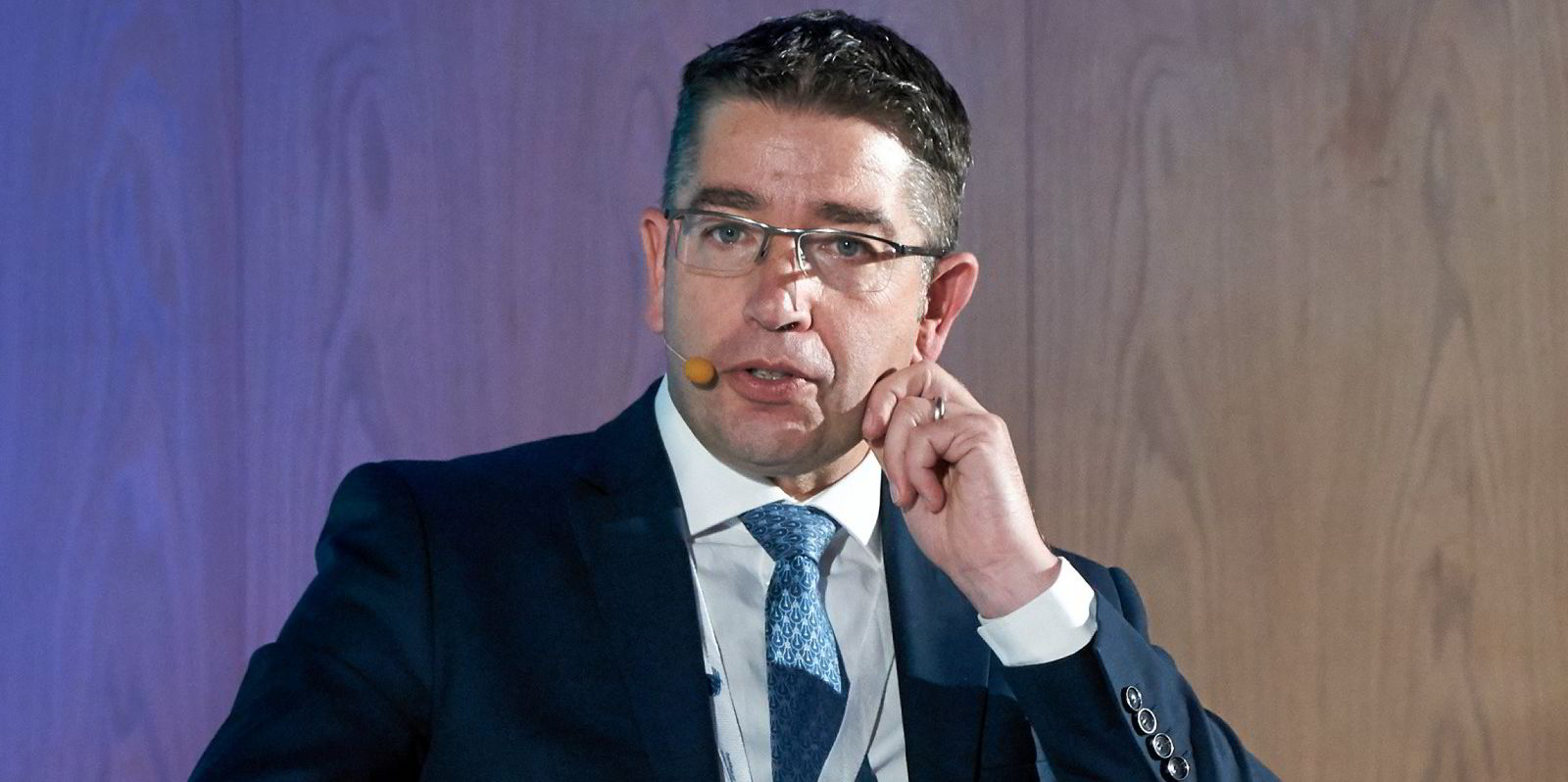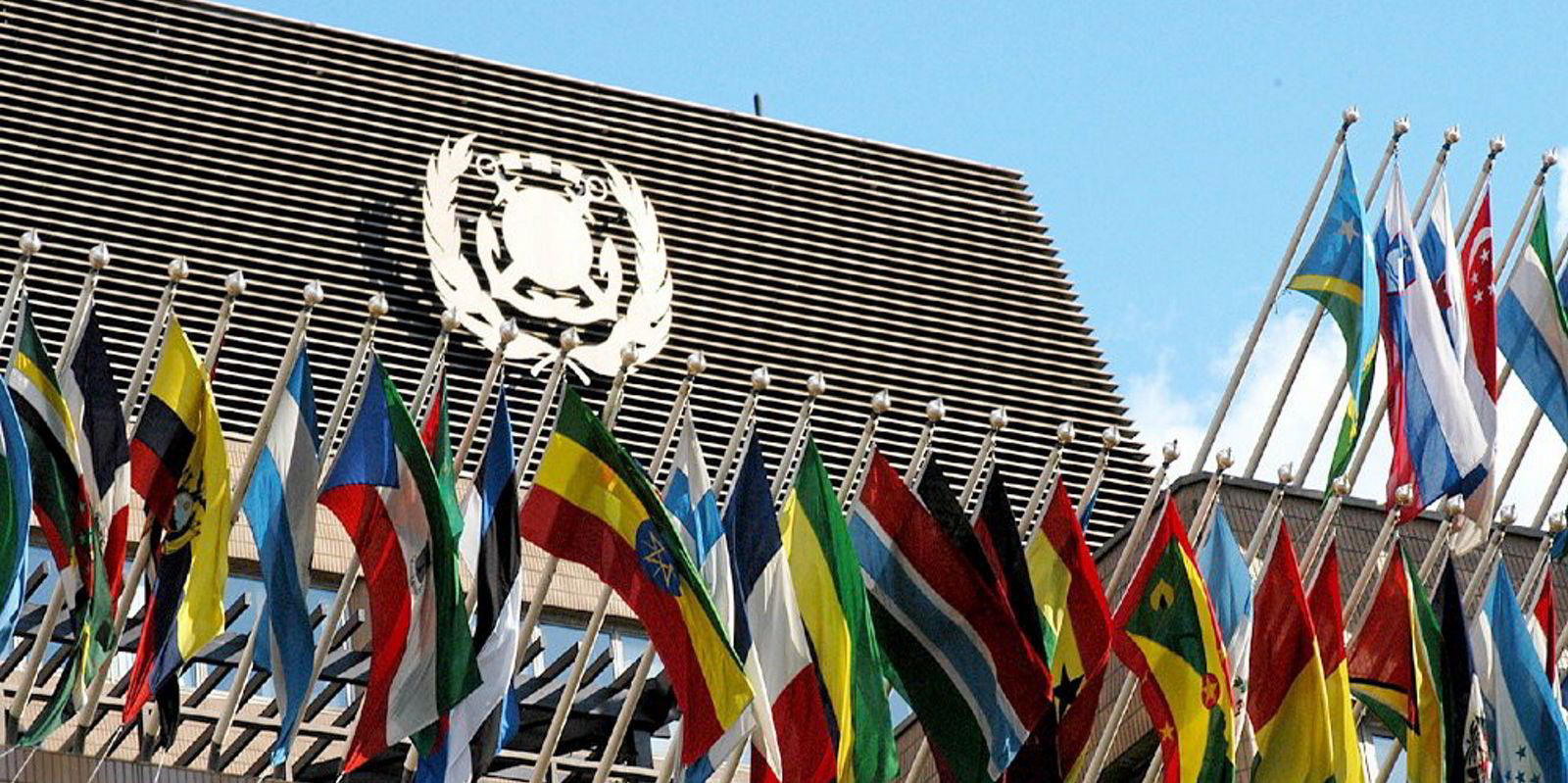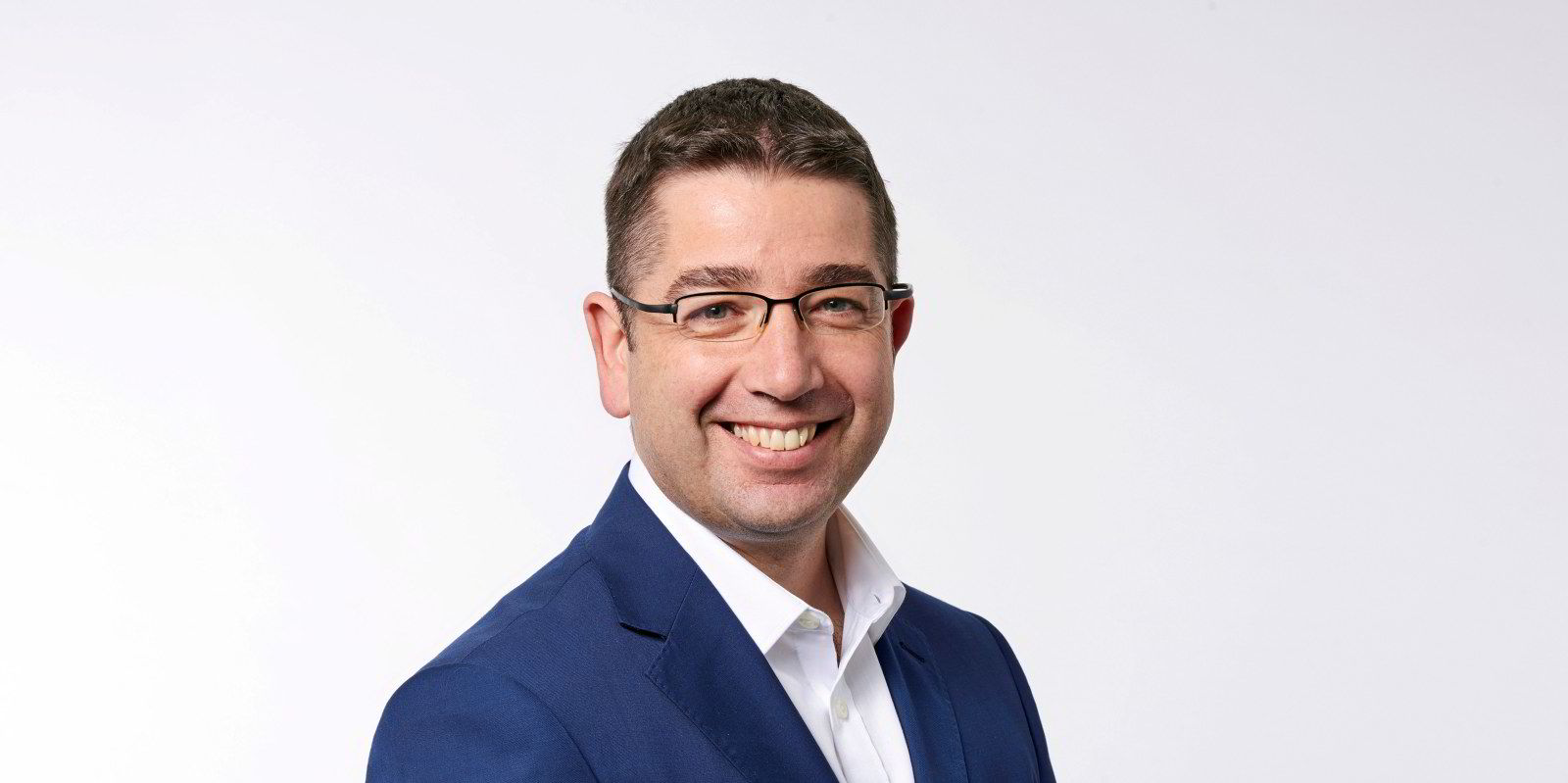The International Association of Classification Societies (IACS) is urging regulators to keep safety in mind as they prepare to accelerate shipping’s decarbonisation.
The International Maritime Organization is expected to set a target for shipping to fully decarbonise by 2050 at a meeting in July.
“As the timescale for decarbonisation becomes increasingly compressed — as time elapses and or the level of ambition is raised — there is a commensurate urgency to understand associated safety risks and establish an effective assurance arrangement for the safety of decarbonisation solutions,” said IACS secretary general Robert Ashdown in the association’s 2022 review.
He said decarbonisation and safety regulation should go “hand in glove”.
Alternative technologies will require safety regulations to support the design and fabrication of equipment for systems and ships and to enable the integration of those systems and equipment safely, Ashdown said.
He added that safety regulations should apply to ship hardware, as well as safety management aspects and the safety of people on board and ashore.
The IMO has invited interested member states to work with the IACS on a new output proposal to take on the association’s concerns.
Ashdown urged the IMO to adopt a coherent and focused safety approach that considers the different safety risks associated with zero-carbon ships.
He said regulations should be clear and set common standards to assure confidence in the proposed technology.
IACS chairman Nick Brown said its members are already working toward safe decarbonisation through the establishment of a Safe Decarbonisation Panel (SDP).
“One of the benefits of the SDP is that it enables quick development and publication of common technical requirements for various alternative fuels and technologies being considered by the industry as part of decarbonisation,” Brown said.
“In this sense, IACS is seeking to ensure that the technical rules which it develops and maintains keep pace with the progress of technological development across IACS members and the wider maritime industry.”





